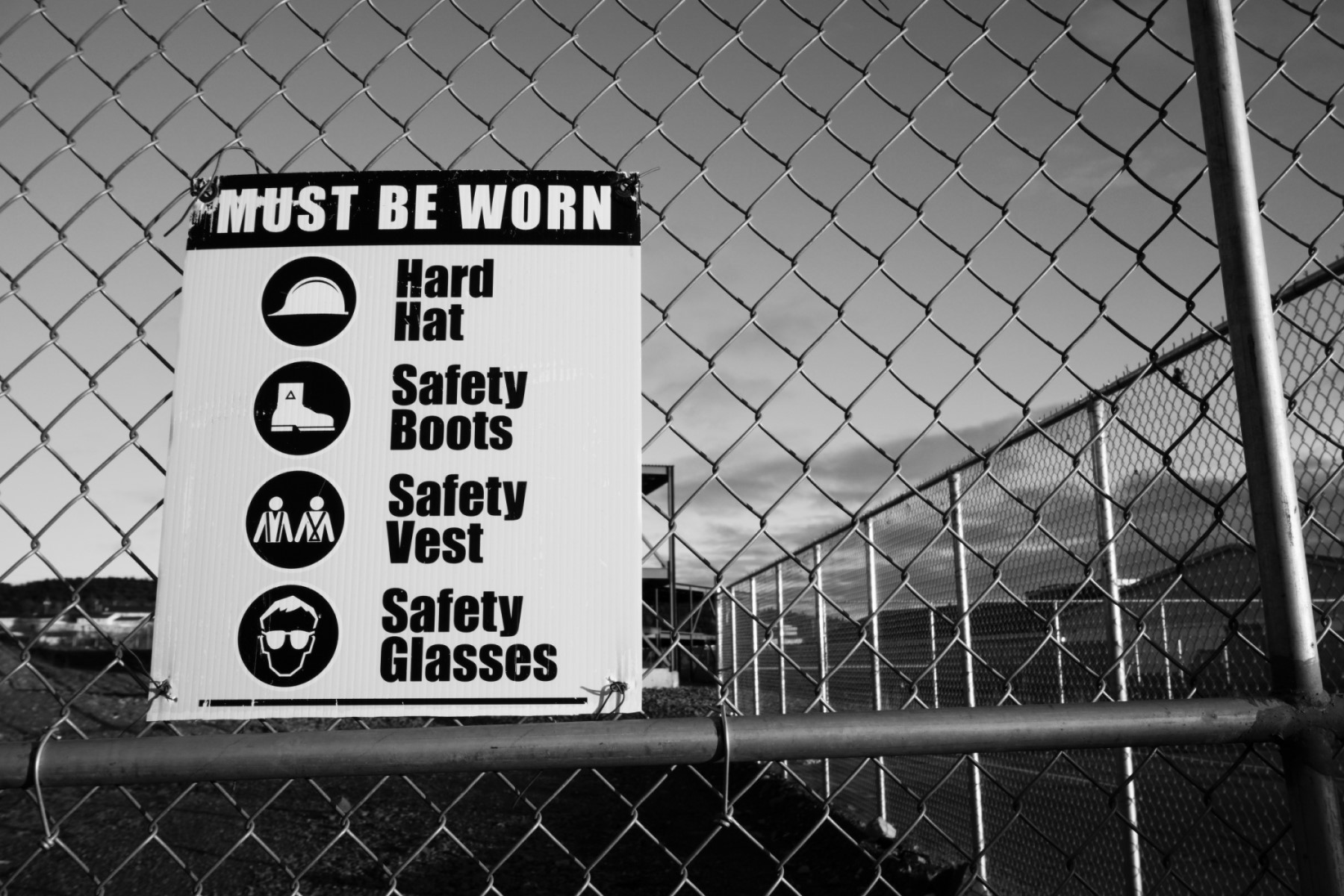Employers understand the importance of workers’ compensation insurance as a fundamental requirement for any organization. It not only provides essential medical benefits and wage replacement to injured workers but also shields employers from potential costly lawsuits. However, what many employers may not fully grasp is the significant role that the Experience Modification Rating (EMR or MOD) plays in determining the cost of this vital coverage.
Understanding the MOD: Your Insurance Report Card
Think of the MOD as your organization’s report card for workers’ compensation claims. It assigns a grade to your safety track record and risk level relative to other businesses in your industry. Essentially, it’s a numerical snapshot of your efforts to maintain a safe workplace and manage insurance costs effectively.
Factors Influencing Your MOD
Several factors influence your MOD, and understanding them is crucial. Your claims history, including the frequency and financial impact of previous claims, is a primary determinant. Employers can proactively improve their MOD by implementing robust safety protocols and effective risk management practices, reducing injuries and claims.
Additionally, the size of your payroll directly affects your MOD, with larger payrolls implying a higher potential for claims. Industry classification is another key factor, as different industries carry varying levels of risk. MOD calculations compare your claims history to similar businesses in your sector, ensuring fair comparisons and accurate risk assessment.
Taking Control of Your MOD
Your business can take proactive steps to positively influence your MOD. By implementing the following risk management strategies and consistently monitoring their effectiveness, you can enhance your safety records, reduce the frequency and severity of claims, and lower your MOD. A lower MOD translates to reduced workers’ compensation insurance premiums, resulting in substantial cost savings for your organization.
Five Actions to Improve Your MOD
Establish a Robust Safety Program: A well-structured safety program emphasizes accident and injury prevention through employee training and consistent enforcement of safety protocols. This leads to a decrease in workplace incidents, lowering workers’ compensation claims and costs.
Take Control of Workers’ Compensation Claims: A proactive approach to claims resolution accelerates claim closure and cost reduction. Timely reporting and accurate documentation help prevent costs from escalating, demonstrating effective claims management practices.
Promptly Report Claims: Reporting workplace incidents promptly allows for expedited claims processing and early intervention. Insurance carriers view this as responsible risk management, potentially leading to a lower MOD and savings on premiums.
Implement a Return-to-Work Program: Offering suitable transitional duties or accommodations can expedite injured employees’ return to work, reducing disability duration and wage loss. Active engagement in rehabilitation and reintegration helps control claims costs and fosters a favorable perception with insurance carriers.
Prioritize a Safe Work Environment: A secure work environment minimizes injuries and incidents, leading to fewer workers’ compensation claims and associated costs. Insurance providers favor organizations that prioritize safety, potentially resulting in a lower MOD and reduced premiums.
NARFA’s AICC: Your Partner in Workers’ Compensation in Massachusetts
At NARFA’s Automotive Industries Compensation Corporation (AICC), we understand the importance of managing your MOD to optimize your workers’ compensation benefits. Our team of experts is here to guide you through the intricacies of workers’ comp, including MOD, to help you achieve significant savings while ensuring the well-being of your employees.
Connect with a member of our team today for valuable insights and strategies to maximize your workers’ compensation benefits and safeguard your organization.
Recent Posts
The U.S. Department of Labor Announces Proposed Rule To Protect Indoor, Outdoor Workers From Extreme Heat
The U.S. Department of Labor has proposed a new rule aimed at protecting workers from extreme heat hazards. This initiative seeks to safeguard approximately 36 [...]
Supreme Court Overturns Chevron Deference: What It Means for Workplace Safety and Regulation
The landscape of federal regulation is set for a seismic shift following a recent Supreme Court decision. On June 28, in Loper Bright Enterprises, et [...]
Navigating the Compliance Maze: How NARFA Simplifies Employee Benefits for Automotive and Trade Industries
In today's complex regulatory environment, businesses in the automotive, roads, fuel, and related industries face unprecedented challenges in managing employee benefits. Recent studies show that [...]




